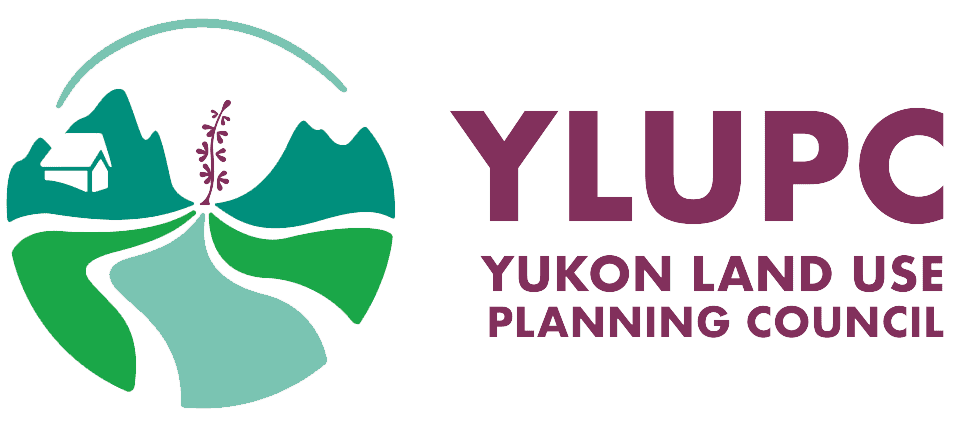Sally Rudd, BA., M.A. – Associate, Compass Resource Management with contribution from: Lee Failing – Principal, Compass Resource Management
Sustainability Decision Support refers to a broad category of tools to assist in balancing environmental, social, cultural, and economic values in decision making. In the North, there’s increasing emphasis on informed and collaborative decision making, coordination and efficiency in government processes, and transparency in the face of difficult value-based trade-offs. Structured Decision Making (SDM) has become known as one approach for making land and resource management decisions that support these principles. Based in the decision sciences, SDM encourages rigorous and transparent treatment of both facts and values in decision making.
We explore the benefits and challenges of applying SDM as a sustainability decision support tool in the North. We draw on our recent experience in the Yukon, Northwest Territories, Nunavut, and Alaska in land use planning, species recovery planning, cumulative effects management, and energy planning. We will discuss the use of SDM to support multi-stakeholder planning and consultations and to effectively incorporate scientific, traditional, and local knowledge. We will also discuss its use as a practical tool for supporting interdepartmental working groups that are charged with working beyond departmental mandates to inform senior decision makers about key trade-offs and sustainability implications.
Co-Speaker: Lee Failing – Principal, Compass Resource Management
